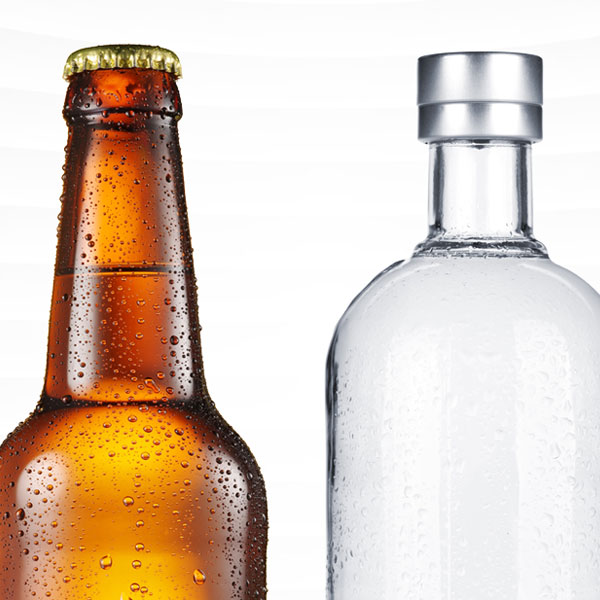Canadians get more variety in the beer and vodka aisles

Canada's beer and vodka compositional standards have been revised – allowing for industry to be more innovative and create new products that meet the needs of consumers.
Setting the standard
The Food and Drug Act and Food and Drug Regulations (FDR) set out requirements regarding health and safety, compositional standards, labelling, sale and advertising that apply to food in Canada. Under the FDR there are over 300 food standards with criteria that define a particular food. The Canadian Food Inspection Agency (CFIA) enforces these standards.
Many alcoholic beverages, including beer and vodka, have compositional standards in Division 2 of the FDR. They outline specific requirements that must be met for the product to be labelled, packaged, advertised or sold as beer or vodka for the purposes of inter-provincial trade or export – for example, mandatory ingredients or manufacturing requirements.
The updates to the beer and vodka standards allow brewers and distillers to use ingredients and processes that were previously not permitted to make their products, while still maintaining product integrity.
The recent changes to the FDR are the result of listening to stakeholders and working in partnership with industry to create meaningful and necessary change.
Canada's modernized beer standard
The revised beer standard reduces duplication in the FDR by having one compositional standard for all beers, regardless of type or style (such as ale, stout, porter and malt liquor). It also clarifies what constitutes standardized beer. New ingredients and flavouring preparations are also permitted. In addition, beer labels must declare food allergens, gluten sources or added sulphites on the label.
Canada's modernized vodka standard
The updated vodka standard allows more ingredients to be used to produce vodka, beyond just potatoes and cereal grain. It also requires vodka to remain a neutral alcoholic beverage (without distinctive character, aroma or taste) by treating it with any material or process other than just charcoal. If the vodka is not made exclusively from potatoes or cereal grain, a statement on the label will be required to inform consumers of the agricultural ingredient from which it is made, such as "Produced from apples" or "Produced from honey."
Enhancing business growth
Both modernized standards allow manufacturers to develop new and innovative products. Allowing manufacturers to develop an increased variety of vodka and beer could increase sales in Canada and abroad.
Supporting innovation through regulatory reform
The changes to the compositional standards for beer and vodka are in line with the Government of Canada's commitment to regulatory reform. CFIA is working hard to help make Canada's regulatory system more agile and responsive while protecting Canadians' health and safety.
Working together with industry and consumers will help us create a regulatory system that meets everyone's needs.
Get more Inspect and Protect
- Want to learn more about what we do? Explore articles, videos and podcasts.
- Interested in reporting on a story? Contact CFIA Media Relations to arrange an interview with one of our experts.
- Have an idea or feedback to share? Get in touch!
- Date modified: